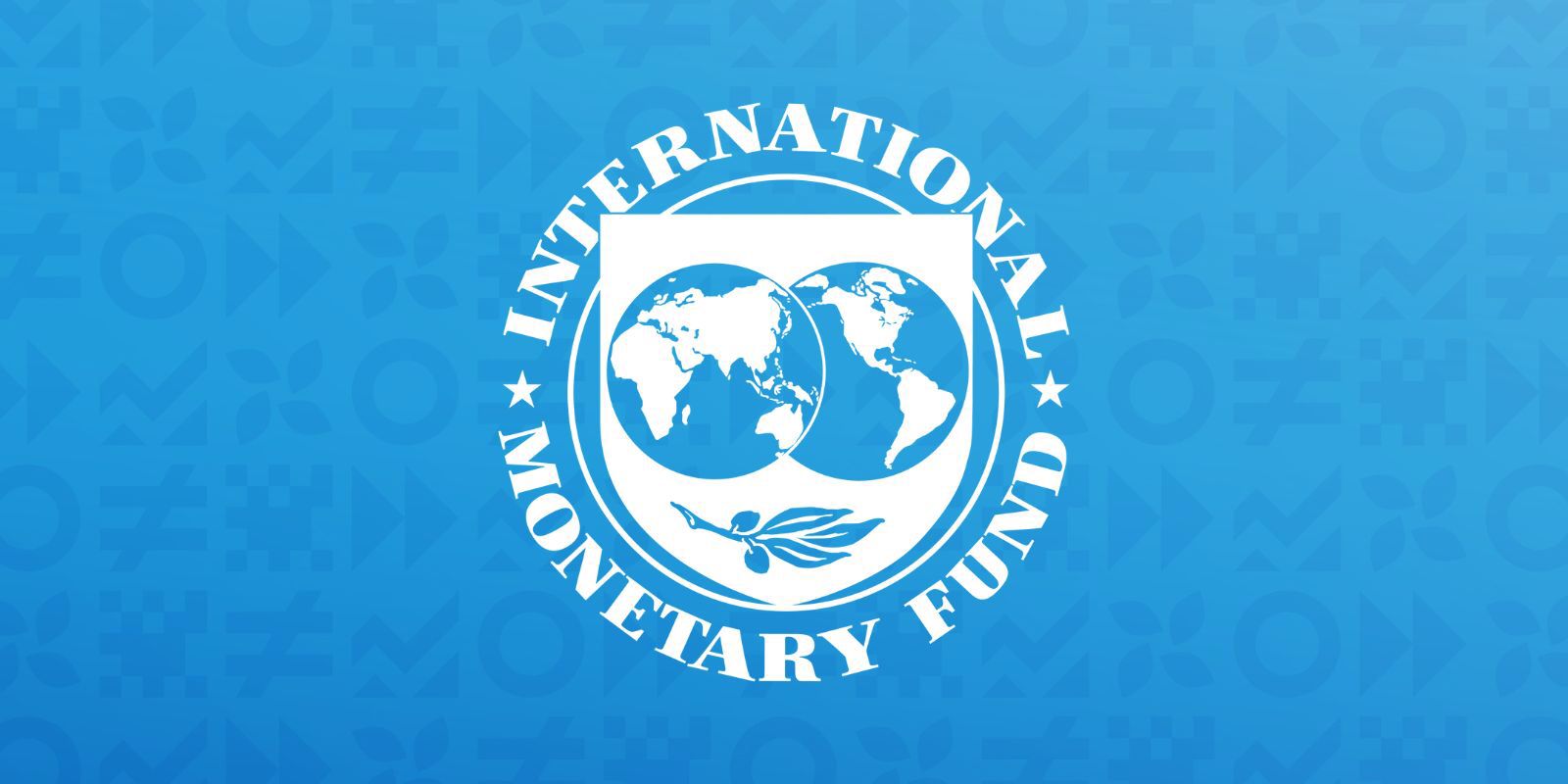Common Daily Habits That Could Be Harming Your Organs, Says Mumbai Surgeon
IMF Chief Says Global Growth Supported by Lack of Retaliation to Trump’s Tariffs
Washington, October 15: International Monetary Fund (IMF) Managing Director Kristalina Georgieva said on Tuesday that the global economy’s resilience has been helped by the decision of most countries not to retaliate against the tariffs imposed by U.S. President Donald Trump. Speaking during the IMF and World Bank annual meetings in Washington, Georgieva noted that restraint from other nations has prevented a damaging cycle of trade escalation. “The world, so far, and I cannot stress enough, so far, has opted not to retaliate and to continue to trade pretty much on the rules that have existed,” Georgieva said. She added that this approach has helped avoid widespread disruptions in global trade, which could have seriously affected economic growth. Her remarks came as the IMF slightly raised its forecast for global growth in 2025. In its World Economic Outlook report released earlier on Tuesday, the Fund projected global GDP growth at 3.2%, up from 3.0% in its July forecast. However, the IMF also warned that the global economy remains vulnerable, especially if trade tensions between the U.S. and China escalate once again. Georgieva explained that another factor supporting growth is that the actual impact of the tariffs has turned out to be lower than initially feared. When the tariffs were first announced in April, they were expected to average around 23%. However, subsequent trade deals with the European Union, Japan, and other major U.S. partners have reduced the effective rate to about 17.5%. She also noted that many exemptions have been granted to accommodate businesses, reducing the real tariff burden even further. “The effective tariff, though, what is being collected when you get exceptions to accommodate the need for the economy to function well, we calculate them somewhere between 9% and 10%, so the burden is more than twice less than we thought it would be,” she said. According to Georgieva, several other factors have contributed to the global economy’s steady performance. Many countries have implemented better policies to encourage private sector development and improve the allocation of resources. In addition, companies have shown remarkable agility in adjusting to new trade barriers by reorganizing supply chains and speeding up imports before tariffs take effect. Despite this resilience, Georgieva cautioned that global markets face new risks. She pointed to high valuations, particularly in the technology sector, which has been driving much of the stock market’s strong performance this year. “This is a bet, a very big bet,” she said. “If it pays back, fantastic — then our problem with low growth is gone, because we will see an increase in productivity and in growth. But what if it is slow to come true or doesn’t quite materialize? What then?” Echoing her caution, IMF Chief Economist Pierre-Olivier Gourinchas warned that the recent surge in artificial intelligence investments could lead to a sharp correction similar to the dot-com crash of 2000. However, he noted that such a downturn would likely not trigger a global financial crisis since AI investments are not heavily dependent on borrowing. The IMF’s latest outlook highlights both the strength and fragility of the global economy — resilient for now, but still walking a fine line amid trade tensions and market uncertainty. IMF Chief Says Restraint on Trump Tariffs Boosting Global Growth IMF Managing Director Kristalina Georgieva said the global economy is showing strength partly because most countries have avoided retaliating against U.S. President Donald Trump’s tariffs. Speaking at the IMF and World Bank meetings in Washington, she said this restraint prevented a damaging trade war and supported steady growth. The IMF raised its 2025 global growth forecast to 3.2%. Georgieva also noted that effective U.S. tariffs have been lower than expected due to trade deals and exemptions. She cautioned, however, that overvalued markets and the uncertain tech boom could still test the world’s economic resilience.














Add Comment